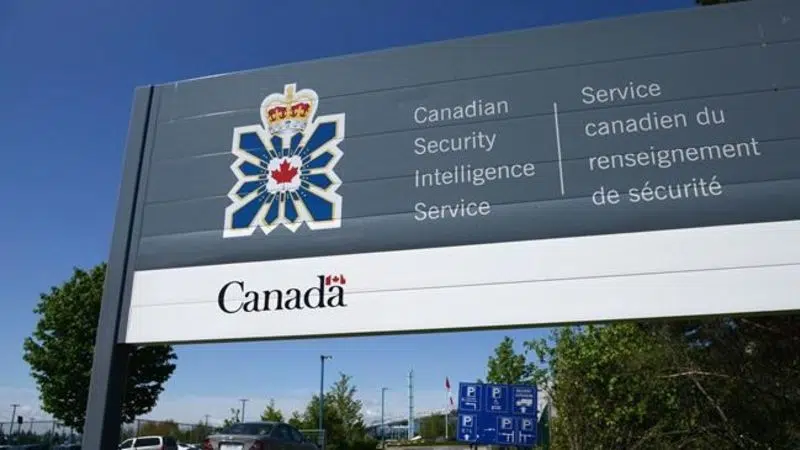
Bolster no-fly list appeal process, academics and rights advocates urge senators
OTTAWA — The Liberal government’s sweeping national-security bill doesn’t go far enough to protect the rights of people ensnared by Canada’s no-fly list, academics and civil-liberties advocates told senators Monday.
The bill does take aim at the recurring problem of mistaken matches for names on the no-fly list, opening the door to a new system of redress numbers — unique identifiers that are meant to help people who share names with suspected terrorists avoid being barred from flights.
However, critics say the legislative changes will do little to help those actually on the no-fly list who are stopped from getting on planes.


